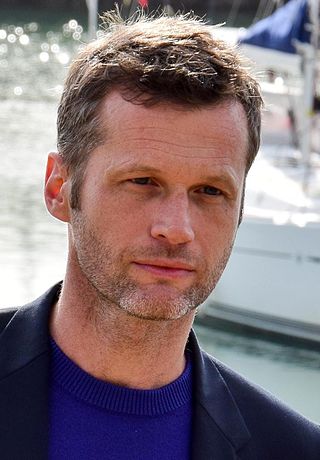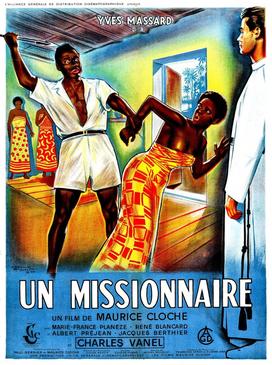| Title | Director | Cast | Genre | Notes |
|---|---|---|---|---|
| The Acrobat | Jean Boyer | Fernandel, Jean Tissier, Thérèse Dorny | Comedy | |
| The Black Diamond | Jean Delannoy | Charles Vanel, Gaby Morlay, Louise Carletti | Drama | |
| The Chain Breaker | Jacques Daniel-Norman | Pierre Fresnay, Blanchette Brunoy, Ginette Leclerc | Comedy drama | |
| First Ball | Christian-Jaque | Marie Déa, Fernand Ledoux, Raymond Rouleau | Comedy | |
| Foolish Husbands | Marcel L'Herbier | Fernand Gravey, Marie Déa, Micheline Presle | Comedy | |
| Happy Days | Jean de Marguenat | Pierre Richard-Willm, François Périer, Juliette Faber | Comedy | |
| Hopes | Willy Rozier | Constant Rémy, Pierre Larquey, Robert Lynen | Drama | |
| The Italian Straw Hat | Maurice Cammage | Fernandel, Josseline Gaël, Fernand Charpin | Comedy | |
| The Last of the Six | Georges Lacombe | Pierre Fresnay, Michèle Alfa, Suzy Delair | Mystery | |

The cinema of France comprises the film industry and its film productions, whether made within the nation of France or by French film production companies abroad. It is the oldest and largest precursor of national cinemas in Europe, with primary influence also on the creation of national cinemas in Asia.
Josette Daydé was a French jazz singer, chansonnière, and actress.

Denis Dercourt is a French film director and screenwriter.

Marie-Pierre Yvonne Tricot, known professionally as Marie-Pierre Castel, or Pony Tricot, was a French actress. She became notable for her collaboration with Jean Rollin, appearing in a number of his films, including, La vampire nue (1970), Le frisson des vampires (1970), Requiem pour un vampire (1971), and Lèvres de sang (1975).

Unifrance is an organization for promoting French films in France and abroad. It is managed by the Centre national du cinéma et de l'image animée. It has several hundred members who include filmmakers, directors, screenwriters and agents.
La Provocation is a German-language drama film from 1970. It was directed by André Charpak, written by André Charpak and Jean Verdun, starring Jean Marais and Maria Schell.
Sciapode is a French film production and distribution company headquartered in Paris. Founded in 2003, the company specializes in producing European feature films, both fictional and documentary, blending different genres and art forms.
Æternam Films is a French film production company based in Paris, France. It was founded in 2002 by Francesca Feder. Arnaud Louvet joined in 2007.

Kamikaze is a 1986 French science fiction film directed by Didier Grousset.

Robert Plagnol is a French actor, who starred as Boris Vildé in the French TV series Résistance.

A Missionary is a 1955 French drama film directed by Maurice Cloche and starring Yves Massard, Marie-France Planeze and René Blancard. It was shot in Guinea and Cameroon. The film is in Eastmancolor.
Ruben Amar is a French screenwriter, director and producer. He is best known for the independent feature film Swim Little Fish Swim and his two last short films Checkpoint and A Girl Like You With a Boy Like Me.
Harmandeep Palminder (born September 4, 1996) is a French actor.

Emmanuel Finkiel is a French film director and actor.